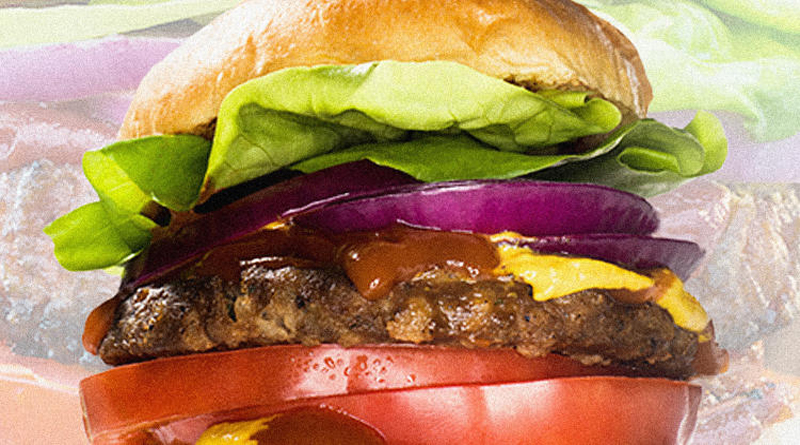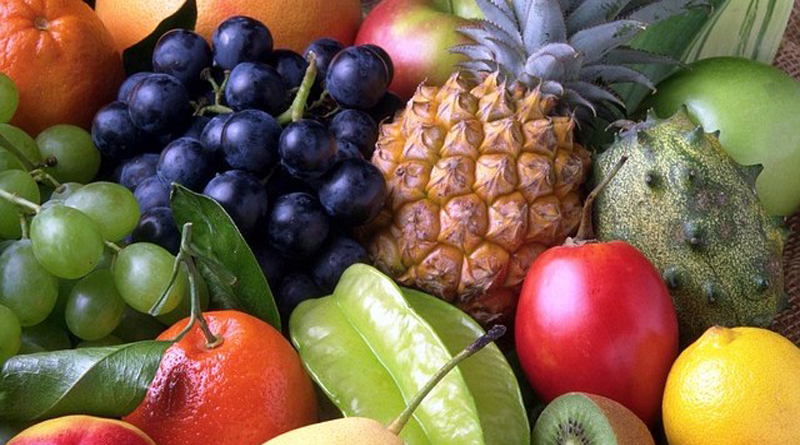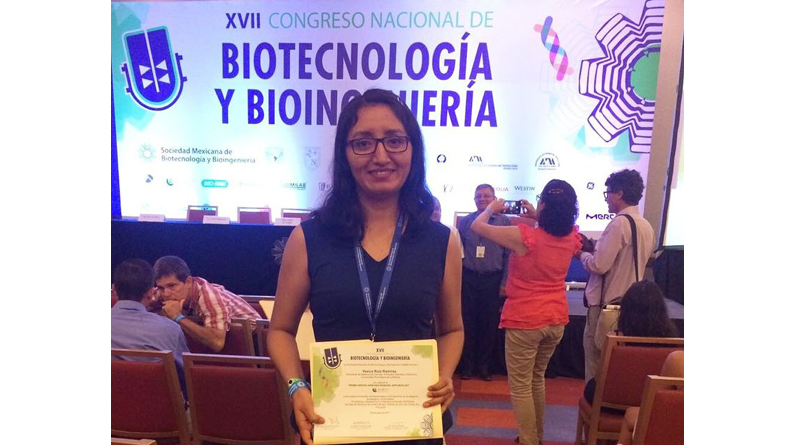As the environmental impact of livestock is increasingly debated as a key obstacle in achieving sustainable lifestyles, sales of plant-based meat substitutes have made steady gains in developed markets, as they move away from being the preserve of vegetarians to becoming popular among the wider group of flexitarians seeking to reduce their meat intake. In a recent study, Euromonitor International’s Food Analyst Raphael Moreau explores the future of meat alternatives, including in-vitro and 3D-printed meat.
The strong growth of plant-based meat alternatives, notably in Western Europe, was partly driven by ongoing improvements in mimicking the texture and taste qualities of real meat. A high profile new vegetarian burger that uses the genetic code from soybeans to imitate the blood-infused properties of beef was launched in summer 2016 at the New York restaurant Momofuku Nishi. Its producer, Impossible Foods, a California start-up founded in 2011 to reinvent the veggie burger, seeks to appeal to meat eaters who will not compromise on the “meatiness” taste.
Beginning in 2013, when a team from Maastricht University in the Netherlands demonstrated the first cultured or in-vitro meat by growing meat from cow cells, forward-looking companies have been seeking to advance the technology to create the next breakthrough in the evolution of meat substitutes. For example, Memphis Meat, a California start-up, first produced a meatball using a bioreactor in 2016 and expects to commercialize its products within five years.
According to Moreau, while 3D printed meat can’t claim to break ground in ethical terms in the same way as in-vitro meat does, its emergence could contribute in shifting consumer acceptance towards alternative types of meat. The German company Biozoon has been a pioneer in using 3D printing technology to create new shape and textures for food, including some meat-based products. The 3D printed dishes, which can combine several ingredients including chicken and pork, are easier to eat because they reproduce each ingredient with a softer texture. As a result, the 3D-printed meals have already been adopted by some nursing homes in Germany.
“While plant-based meat substitutes still have bright days ahead of them before being challenged by other types of meat alternatives still years away from being commercially competitive, the increased popularity of plant-based meat alternatives among consumers could herald the potential future acceptance of a wider range of alternatives to meat, once they become available,” wrote Moreau. “Industrially-processed meat may be particularly vulnerable, potentially challenged by newer types of substitute products which can claim to score higher on ethical grounds, provided that in their quest to achieve the holy grail of ‘meatless meat’ taste is not scuppered by a consumer backlash against over-engineered food or by legislation undermining their development.”
Source: IFT










